Law
The law genre comprises legal literature that deals with principles, rules, and regulations governing society, including legal cases and interpretations.
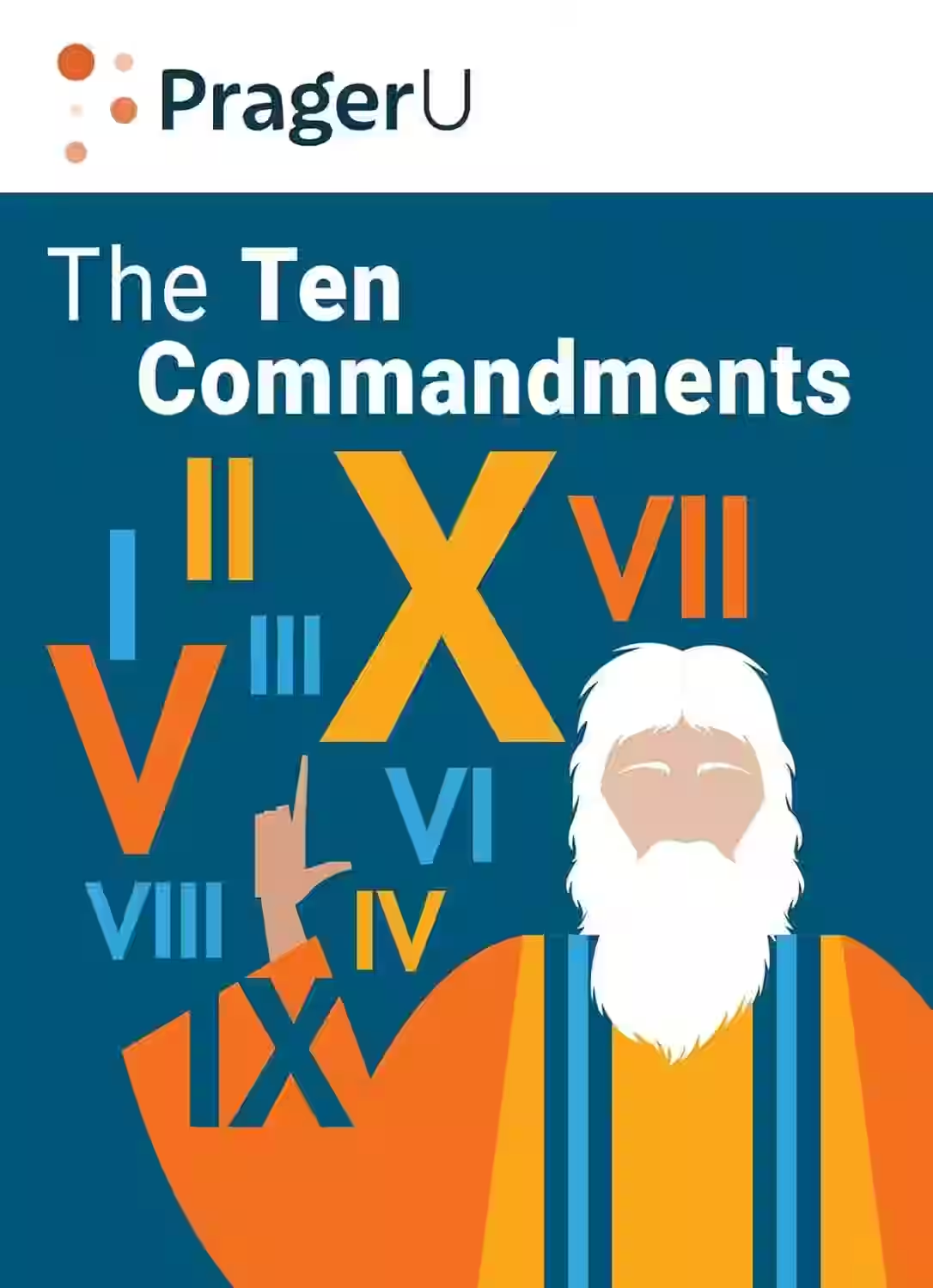
The Ten Commandments: Still the Best Moral Code
In 'The Ten Commandments: Still the Best Moral Code,' Dennis Prager explores the timeless relevance of the Ten Commandments in today's society. Drawing from his background in philosophy and religion, Prager delves into each commandment, discussing their moral significance and practical applications. Through insightful analysis and real-life examples, he argues that following these commandments can lead to a more ethical and fulfilling life. Prager's writing is clear and thought-provoking, making complex moral concepts accessible to readers of all backgrounds. This book challenges readers to reflect on their values and consider the enduring wisdom of the Ten Commandments.
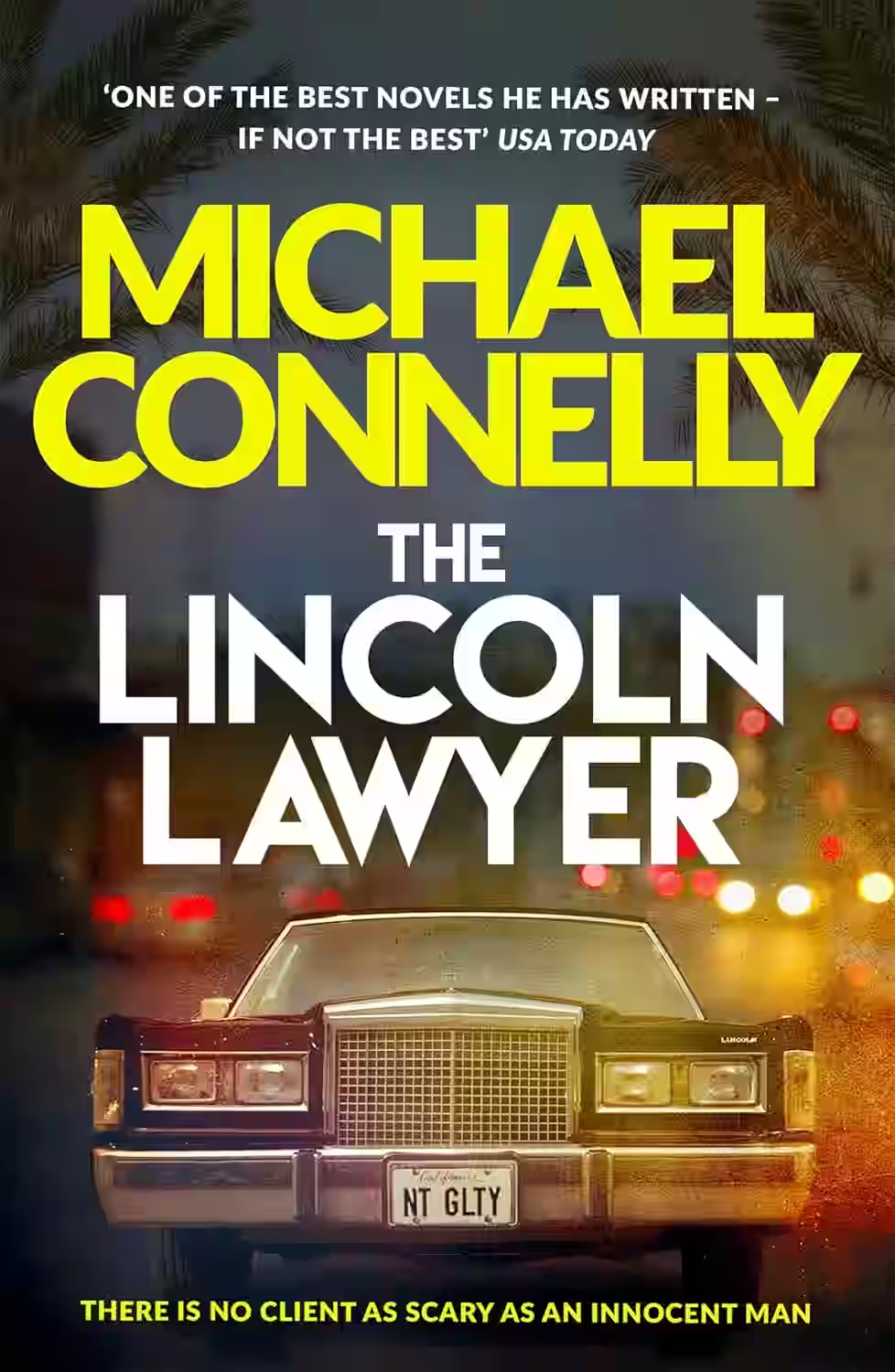
The Lincoln Lawyer
Series: Mickey Haller (#1)
In Michael Connelly's 'The Lincoln Lawyer,' readers are introduced to defense attorney Mickey Haller, who operates out of his Lincoln car, navigating the complexities of the criminal justice system in Los Angeles. The novel delves into themes of morality, justice, and the blurred line between right and wrong. As Haller takes on a high-profile case defending a wealthy client accused of a brutal crime, he finds himself entangled in a web of deceit and manipulation. With gripping courtroom drama and unexpected twists, 'The Lincoln Lawyer' keeps readers on the edge of their seats till the very end.
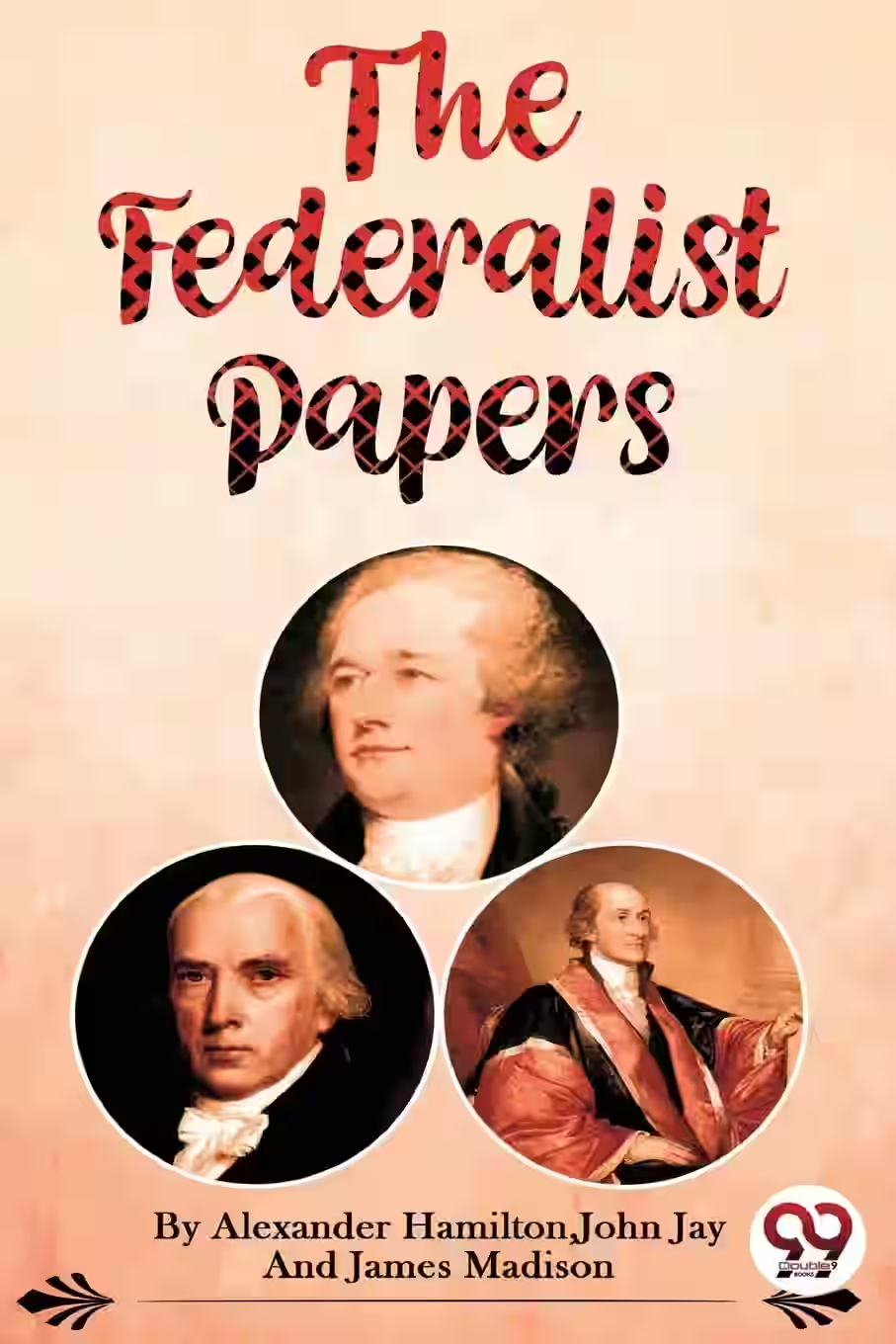
The Federalist Papers
by Alexander Hamilton, James Madison, John Jay
In 'The Federalist Papers,' a collection of essays penned by Alexander Hamilton, James Madison, and John Jay, the authors fiercely advocate for the ratification of the United States Constitution, defending its principles and addressing concerns about its implementation. Touching on key themes like the benefits of a strong central government, the importance of checks and balances, and the dangers of factions, this influential work laid the groundwork for interpreting the Constitution and understanding the intentions of the framers. With eloquent arguments and profound insights into political philosophy, 'The Federalist Papers' remains a vital resource for students of American history and government.
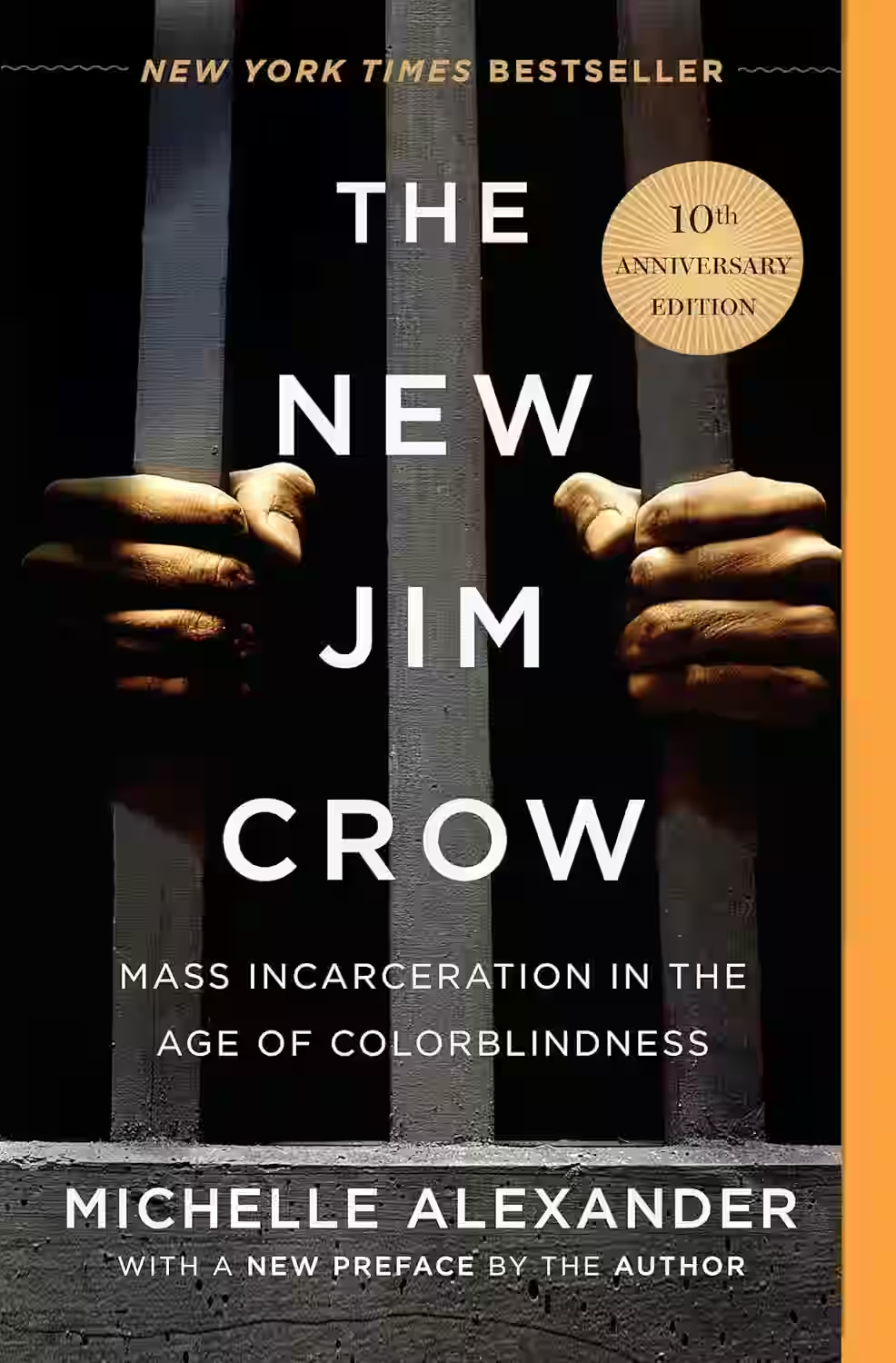
The New Jim Crow: Mass Incarceration in the Age of Colorblindness
In 'The New Jim Crow: Mass Incarceration in the Age of Colorblindness' by Michelle Alexander, readers are confronted with a powerful and meticulously researched examination of the US criminal justice system. Alexander eloquently argues that America's mass incarceration policies have perpetuated a racial caste system akin to the Jim Crow laws of the past, disproportionately affecting Black and Brown communities. Through compelling narratives and sobering statistics, she sheds light on the systemic inequalities, racial profiling, and biases that perpetuate this modern-day form of oppression. This book challenges readers to critically examine the intersection of race, justice, and society, making it an essential read for anyone seeking to understand and address issues of racial injustice in America.
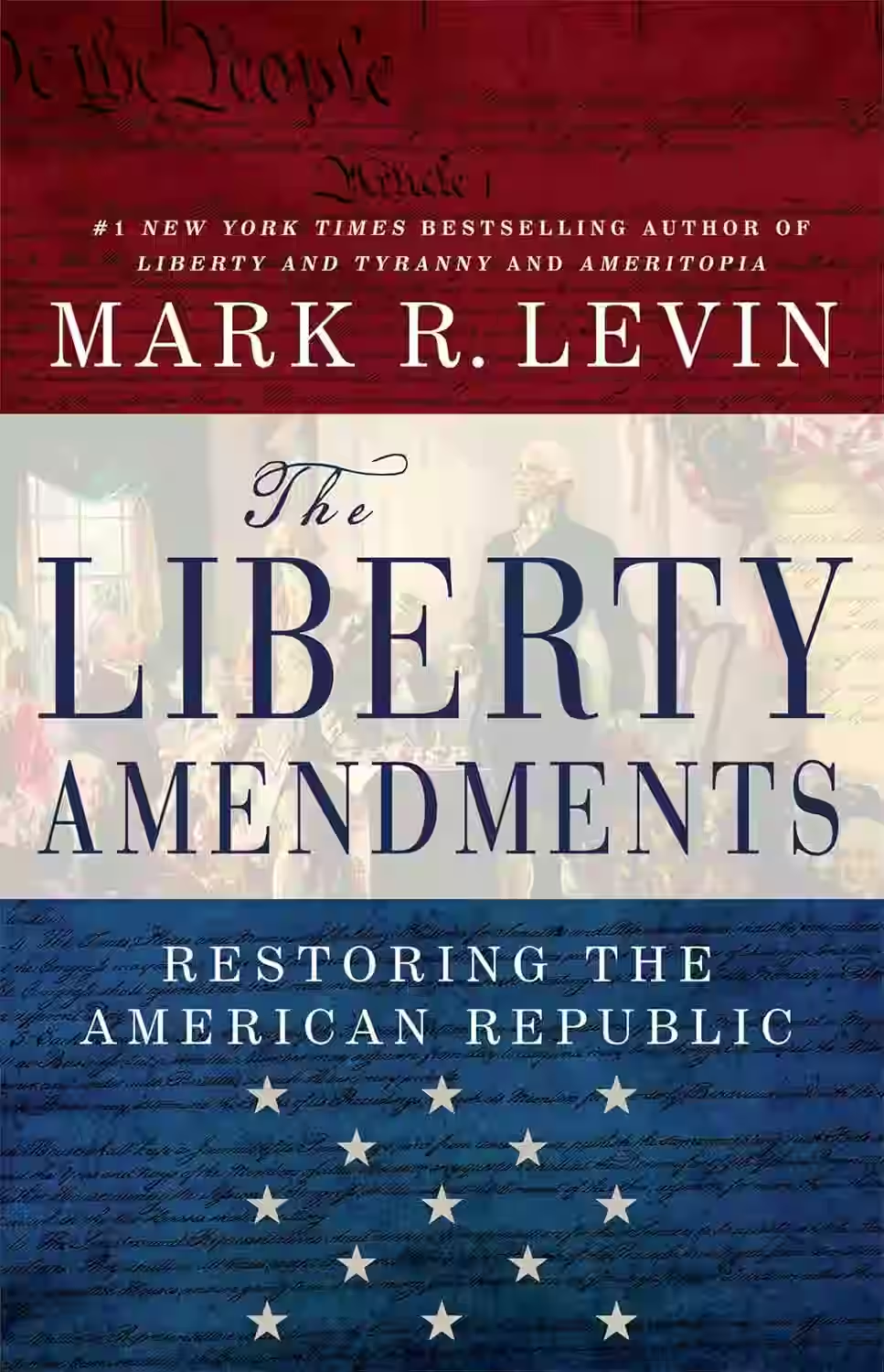
The Liberty Amendments: Restoring the American Republic
In 'The Liberty Amendments: Restoring the American Republic' by Mark R. Levin, the author proposes a set of Constitutional amendments to restore the balance of power between the federal government and the states. Levin argues that a departure from the principles of limited government has led to a decline in individual liberty and the erosion of the Republic's foundation. Through a detailed analysis of historical context and constitutional theory, Levin presents a compelling case for empowering the states and the people through amendments aimed at curbing federal overreach. This thought-provoking book challenges readers to reconsider the role of government in safeguarding liberty and offers practical solutions to reignite the spirit of the American Republic.